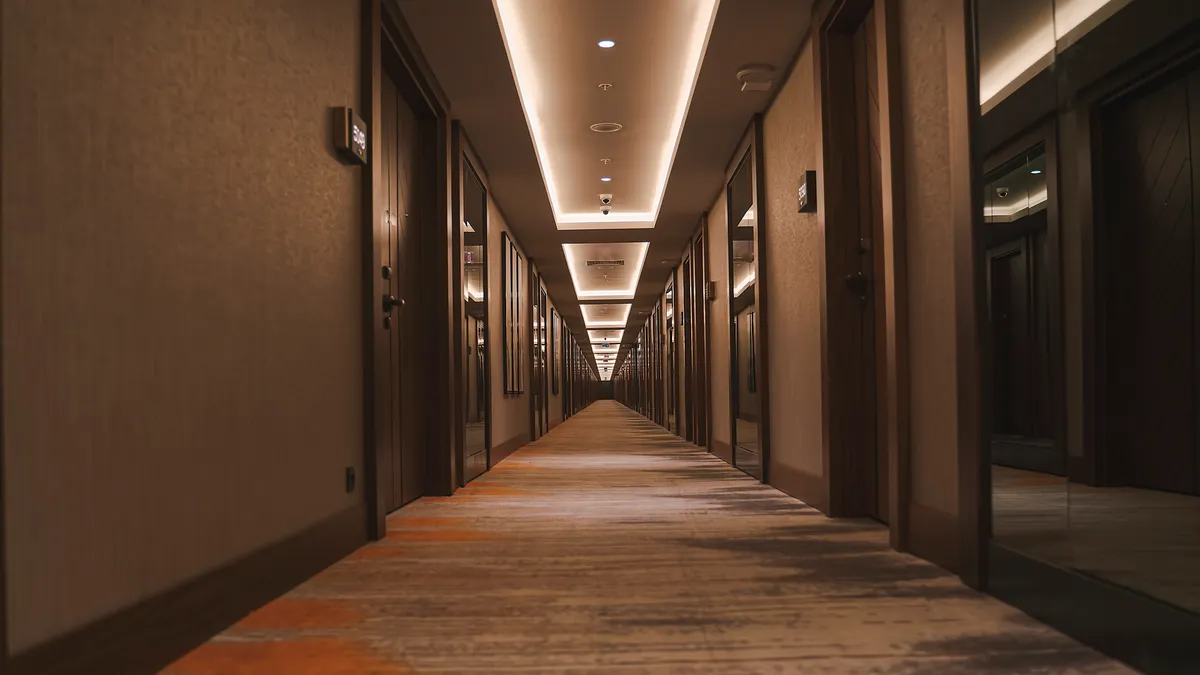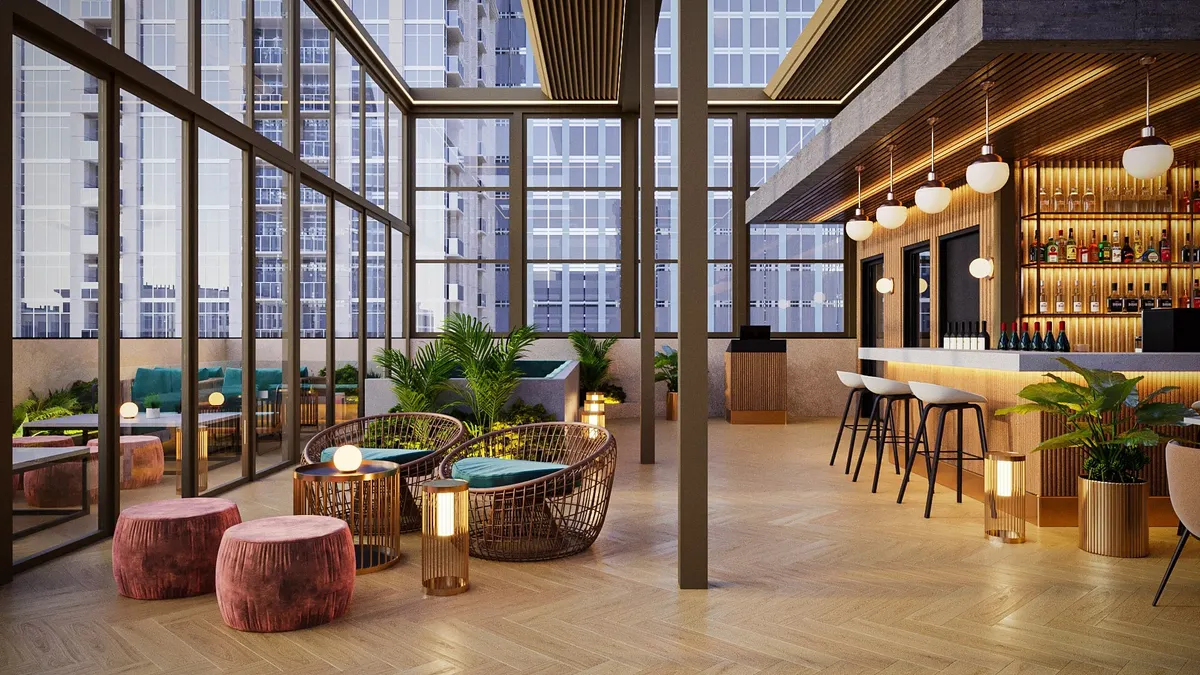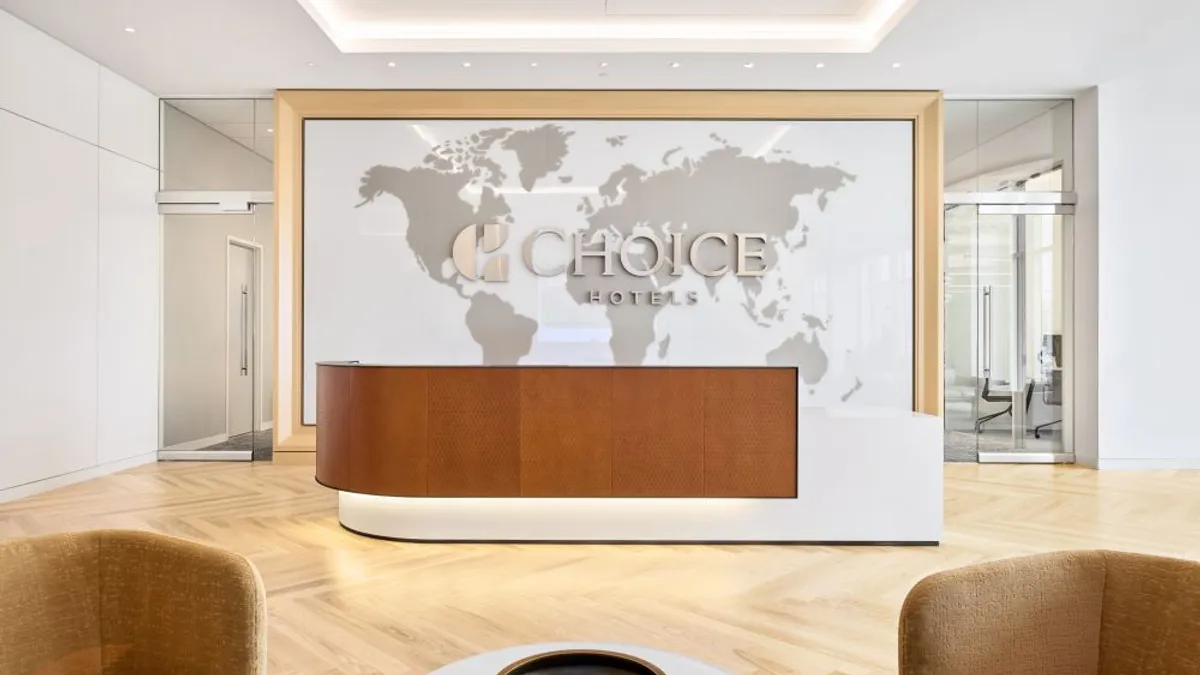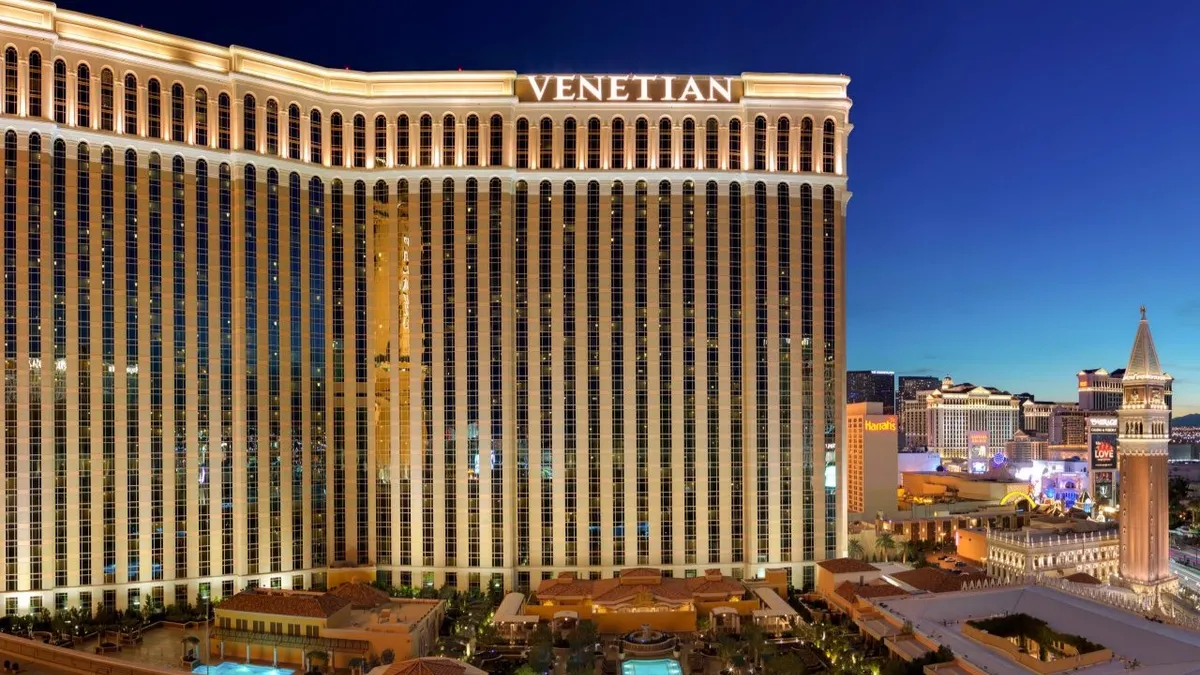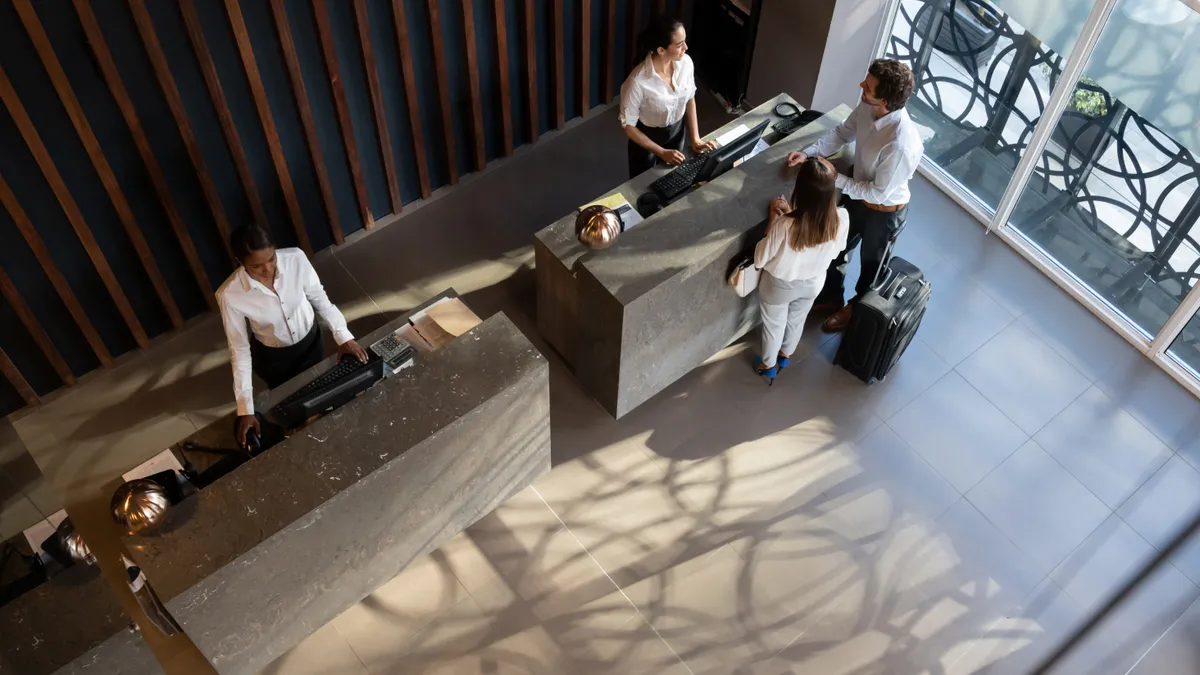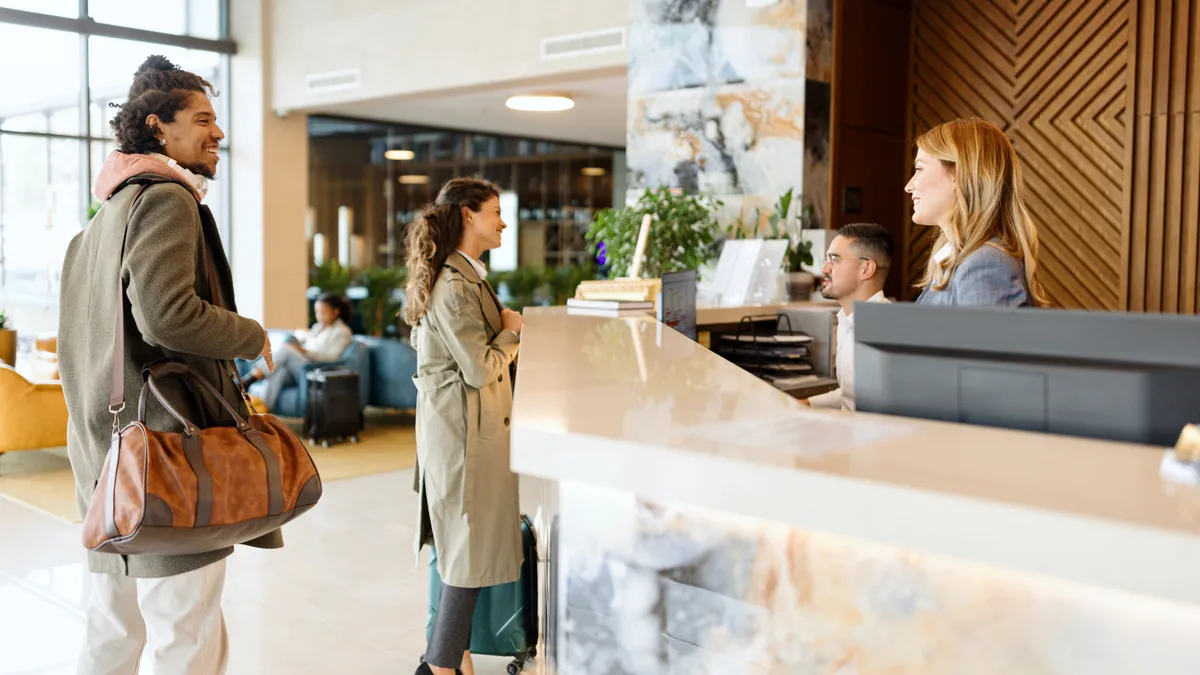The following is a guest post from Herman DeBoard, CEO of Huvr. Opinions are the author’s own.
When guests travel to your hotel or resort, they trust you to provide a restful and even transformative experience. Above that, they count on your facility to keep them safe and secure during their stay.
Traditional security systems, however, leave gaps, and even closely watched areas of your property can become vulnerable if security personnel are drawn away to address an issue elsewhere. Now, however, artificial intelligence is bridging those gaps, and hoteliers are turning to AI-powered security systems that proactively mitigate their facility’s greatest safety risks.
Here are several ways AI is enhancing protection and allowing hoteliers to focus on their guests.
Analyzing security data
A security system smart enough to identify suspicious behavior, unauthorized vehicles and potential threats in real time is not a futuristic concept. AI-driven security systems make this possible today.
Think about all the data pouring in each second through your hotel’s security cameras, door alarms, motion detectors and environmental sensors. How are you using all of the incoming data? Is it fractured across a multitude of viewing screens? Or is it integrated into one central brain that analyzes it and makes intelligent decisions?
Like our central nervous system, AI takes in and analyzes all of that data. Suddenly, those sensors and cameras are like eyes and ears, enabling your facility to see, hear and feel everything that happens on the premises.
Surveillance systems utilizing advanced computer vision and machine learning algorithms to analyze the data from your hotel’s cameras, motion detectors, alarms and environmental sensors do far more than merely record footage. They register subtle anomalies such as a person loitering in restricted areas, a vehicle parked suspiciously or someone bypassing access control. The system flags these activities instantaneously and reports them to your hotel’s security team or police.
For instance, you can train AI algorithms to analyze guest behavior, historical incident reports and external factors to identify patterns that indicate potential security risks. AI algorithms can identify unauthorized individuals and detect unattended luggage or suspicious objects. They can recognize unusual behavior patterns, such as a guest accessing a restricted area or entering an unexpected room. With real-time alerts, your security personnel can respond promptly to potential threats and prevent incidents before they escalate.
Improving response times
These systems quickly learn what you want it to watch for. Instead of scrolling through hours of video footage to piece together the incident after the fact, hotel managers can act immediately.
When audio sensors detect the sound of breaking glass in your parking area, your system instantly assesses the situation. It can tell the difference between a smash and grab and a guest retrieving keys accidentally locked in their vehicle. If your system determines the threat level is high, it can send a detailed description of the potential suspects and their vehicle, including license plate numbers, to the proper authorities in seconds.
Real-time threat detection is invaluable in the event of an emergency, such as a fire or security breach. AI-powered systems can analyze data from sensors and surveillance cameras to identify the location and severity of the threat. Based on this information, these systems can automatically alert emergency responders and guide your guests to safety.
Protecting vulnerable areas
Certain areas in your hotel are vulnerable and require constant monitoring. For instance, the porte-cochere, where guests and vehicles frequently come and go, is one such zone. Round-the-clock surveillance here is vital.
Unfortunately, traditional surveillance methods have gaps. Even the best security teams are stretched thin when covering dozens of corridors, stairwells, parking areas and entrances. If a threat occurs in one location, teams are often diverted from other areas to put out the fire. Even in the best of circumstances, human security teams contend with shift changes and distractions.
In contrast, AI can be everywhere at once. It operates tirelessly in every location where you place sensors and cameras, constantly looking for patterns that deviate from the norm.
Anticipating future threats
Your hotel or resort likely has hundreds of security cameras, dozens of door alarms and a staggering array of sensors. AI constantly collects data from these sensors and converts it into practical, actionable insights.
By analyzing all of this information along with historical data, AI can predict the likelihood of security threats.
AI systems gather and analyze data on aspects such as peak times of activity and areas that experience more foot traffic. These insights enable you to make proactive decisions that mitigate risks. For instance, understanding peak threat times can help you allocate your security staff more effectively, and identifying high-risk areas can help you better target your security measures.
A sophisticated system can employ data to help you enhance other areas in addition to security. For example, you can train the system to help you improve your marketing efforts or guests’ experience. By tracking movement over time, the system could improve foot traffic throughout your hotel. It could also direct the flow with digital signage about resort attractions or restaurant specials.
AI is not just about enhancing security in the hospitality sector. It’s about creating a smarter, more efficient operational environment.

